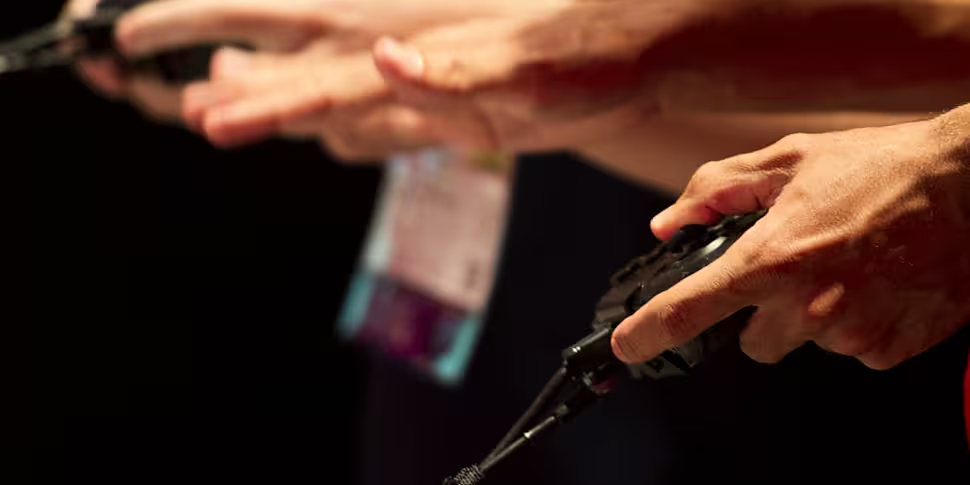Parents are being advised to be aware of the video games their children are playing, amid fresh warnings over so-called 'loot boxes'.
A new report by the Royal Society for Public Health in the UK is recommending that the randomised in-game purchases should be legally recognised as forms of gambling.
Loot boxes allow players to pay for random rewards, such as new outfits (or 'skins') for their in-game characters or - in some cases - stronger characters or gameplay advantages.
According to the RSPH study, 58% of young people see purchasing a loot box as a form of highly addictive gambling.
The survey suggests loot boxes are purchased by two in five young gamers.
The results also shows that 55% of young people believe that playing a mobile or video game could lead to a young person gambling.
The RSPH's chief executive Shirley Cramer suggested that "young people introduced to the same mechanisms that underpin gambling" through an industry operating "unchecked and unregulated".
Meanwhile, CEO of Problem Gambling Ireland, Barry Grant, said parents need to be aware of the nature of these purchases.
He explained: "There's a gambling element to this, because you don't actually know what you're buying when you purchase the loot box - so there's this risk and reward element to it.
"Parents [should] have some idea around the types of games they're purchasing for their kids around Christmas - especially to keep an eye on whether kids are looking for credits within the game or money to make in-app purchases that might be those gambling-style loot boxes."









